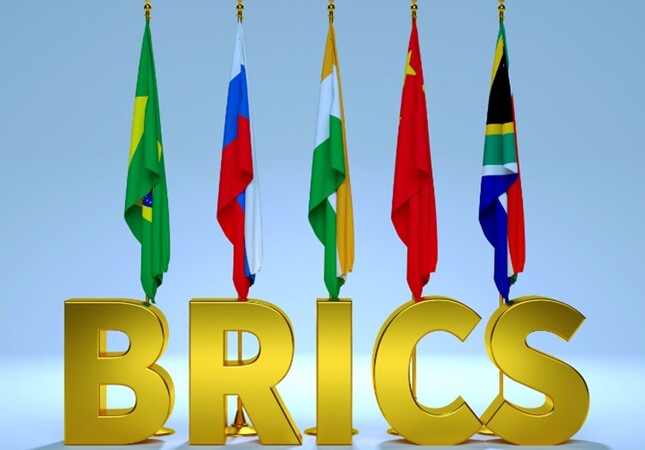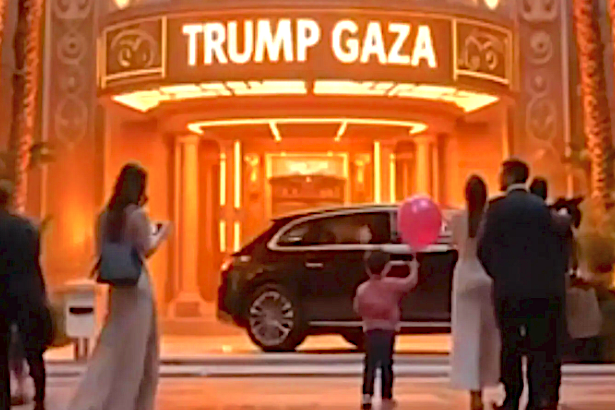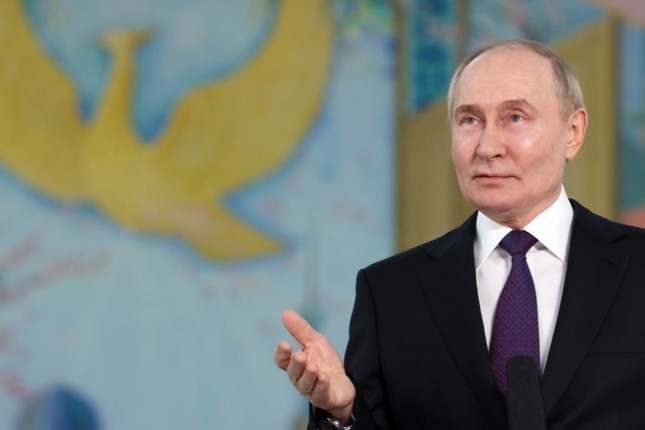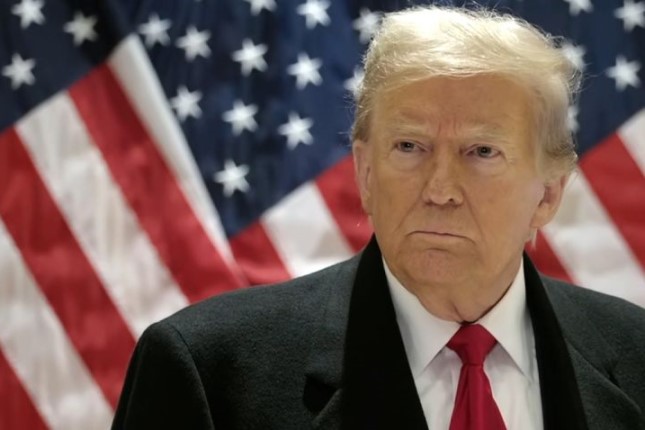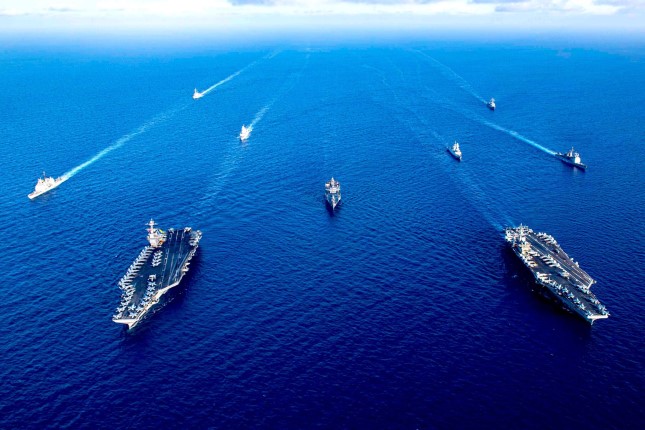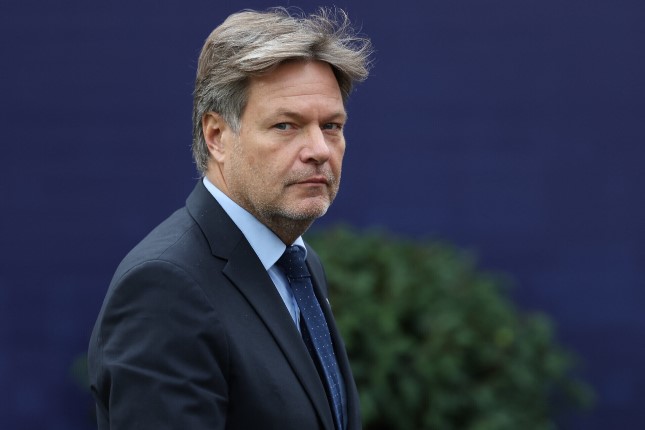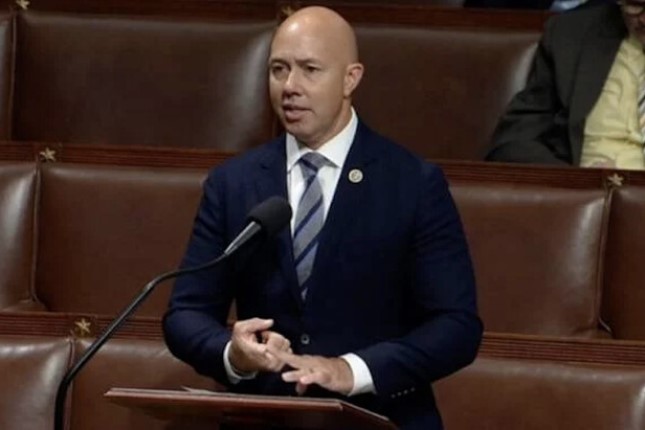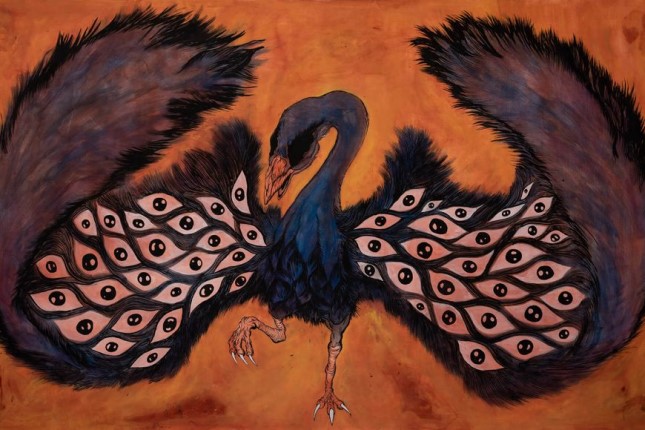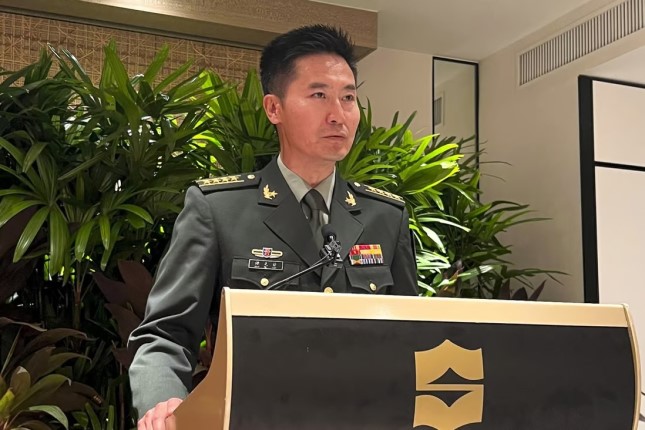South African President Cyril Ramaphosa announced Sunday that the BRICS summit, scheduled from August 22 to 24, will be held "physically" after a hiatus of three years.
With much of the West's attention fixed around the Russia-Ukraine conflict, Chinese observers on Monday noted that BRICS will not be distracted from its theme of development and can usher in new potential in deepening cooperation among emerging economies.
The expansion of BRICS, a common currency within the bloc and ensuring food and energy security are among key topics of the agenda, per media reports.
An increasing number of countries have applied to join BRICS or expressed interest in doing so, including Ethiopia, Nicaragua, Venezuela, Argentina, Iran, Algeria, Saudi Arabia and the United Arab Emirates.
Zhu Tianxiang, director of the Institute of Foreign Relations of the BRICS Research Institute of Sichuan International Studies University, predicted that major progress can be made on expansion, but a bold step to allow many countries in is unlikely. "However, the direction already demonstrated BRICS' potential and attractiveness."
Bloc members will discuss and reach consensus on principles, standards and procedures before welcoming new members, Zhu said, which "underscored the 'equality nature' of BRICS in contrast to some 'one man has the say' alliances which only reinforce hegemony."
BRICS' economic potential is seen in its contributing 31.5 percent of global GDP, as well as the development of the New Development Bank (NDB), also known as the "BRICS bank." The NDB has received Bangladesh, the United Arab Emirates, Egypt and Uruguay as new members, with Saudi Arabia in talks to join.
The NDB has been an important financing structure for developing countries, which are usually burdened by political conditions set by the International Monetary Fund and World Bank, according to Zhu, who described the NDB as a crucial mark of the BRICS' pillar role in economic cooperation.
Zhu believes that in the August summit, China may also propose ideas on how to put in practice the Global Civilization Initiative, shedding light on how countries of different civilization origins can undertake cooperation and exchanges while maintaining diversity in a world of turbulence, conflicts and leaning toward bloc confrontation.
China's top diplomat Wang Yi said in June that BRICS cooperation is the most important platform for solidarity and cooperation among developing countries and the most central mechanism representing South countries.
Badmouthing BRICS is nothing new and the bloc's prospects of expansion and deepening cooperation speak louder, Zhu said, adding that despite frequent comparisons between BRICS and the Group of Seven, BRICS never excludes cooperation with developed countries, nor does it want opposition between Global South and North.
Media reports of French President Emmanuel Macron knocking on the doors of BRICS making a splash just shows that development and true multilateralism are winning over hegemony and bloc confrontation, analysts said.
Photo: BRICS © VCG
Source: The Global Times.
